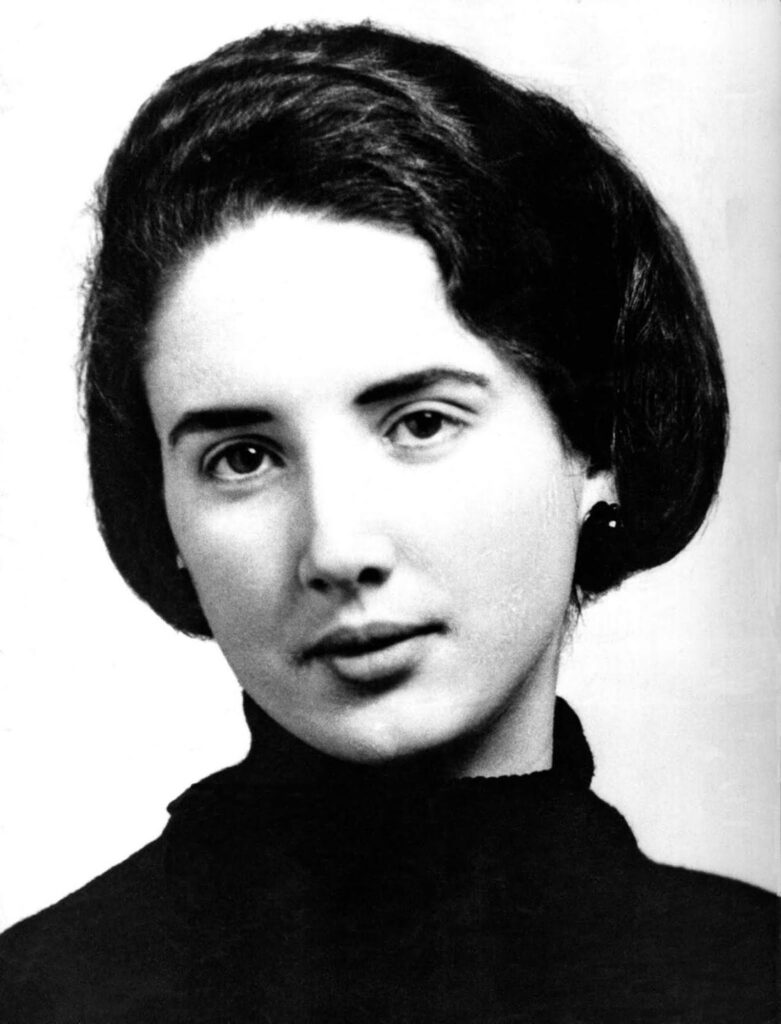
One woman’s brave fight against how Italy treated rape victims in 1966 shook the country. The lessons from this fight are still important today.
After being kidnapped and raped, Franca Viola became the first Italian woman to decline a “rehabilitating marriage” (“matrimonio riparatore” in Italian) with her attacker. She was one of the first Italian women who had been raped to say in public that she would not marry her rapist.
Viola’s family farmed in Alcamo, Sicily, where she grew up. Viola got engaged to Filippo Melodia when she was 15 and he was 23. He was the nephew of a local mafia figure. But when Melodia was arrested for theft, Viola’s father made her break off the engagement. After that, Melodia went to Germany.
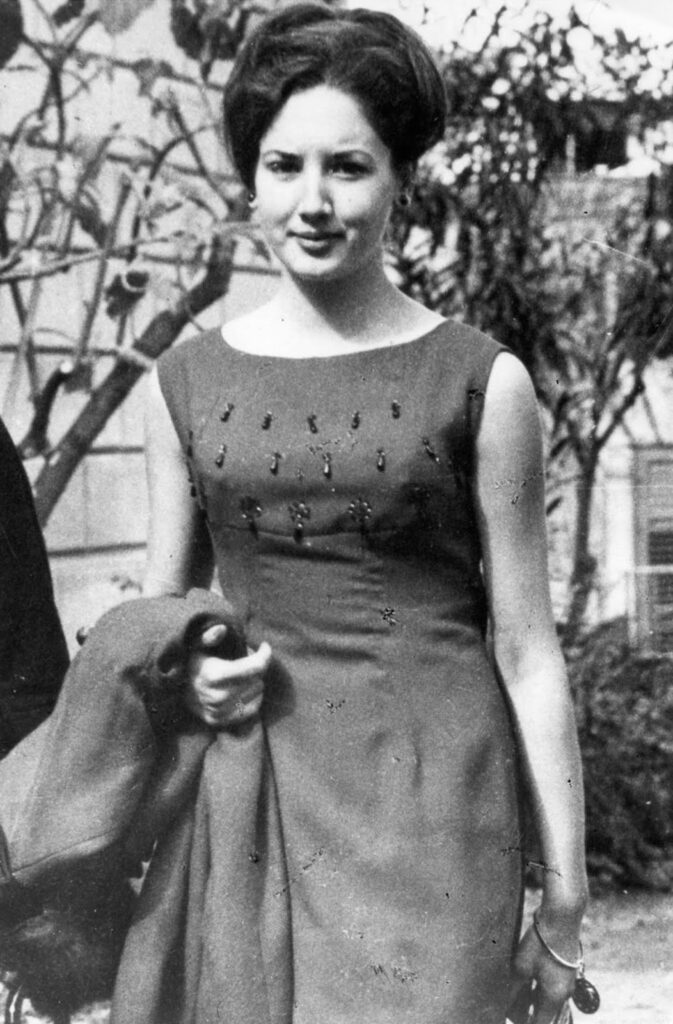
Viola was engaged to another guy by 1965. By this point, Melodia had gone back to Alcamo and was trying to get back into Viola’s life by stalking her and threatening her father and lover.
On December 26, 1965, at around 4:00 a.m., Melodia and 12 armed men stormed into Viola’s house and kidnapped Franca. They battered Viola’s mother and took Franca’s 8-year-old brother Mariano, who wouldn’t let go of his sister.
A few hours later, Mariano was let go, but Franca was kept in the home of Melodia’s sister and her husband (a farmhouse on the outskirts of town) for eight days, where she was raped over and over again.
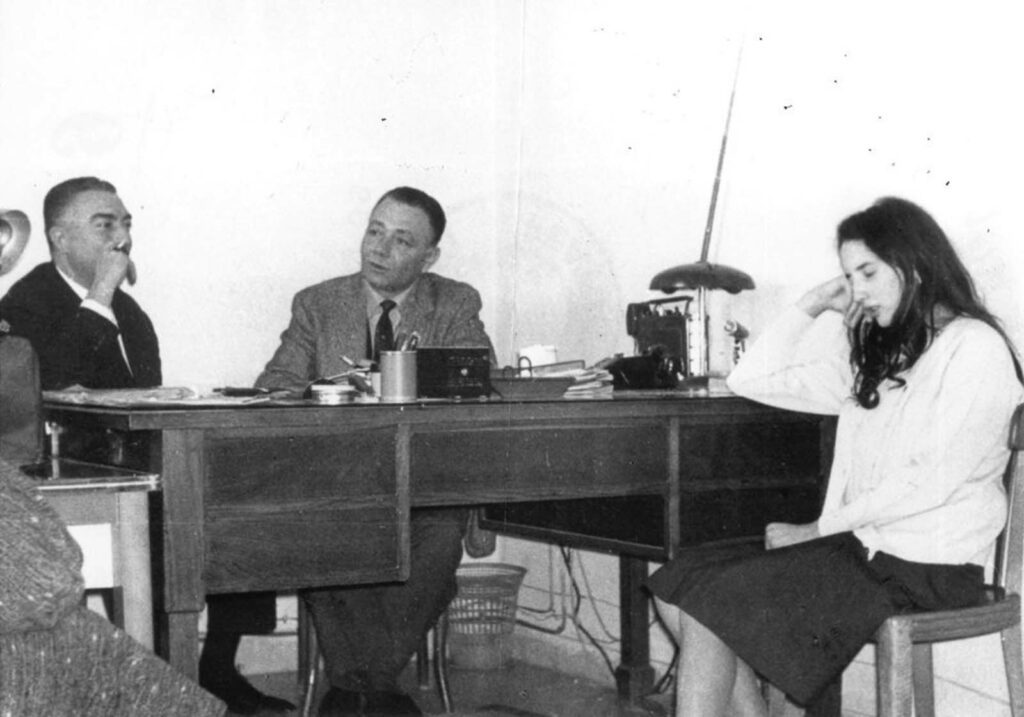
Melodia informed her that she would have to marry him to avoid being “dishonored,” but Viola said she didn’t want to get married and that she would sue him for kidnapping and rape.
Because she had lost her virginity without getting married, this choice would have made her a “donna svergognata,” which means “woman without honor” (literally, “shameless woman”). It is worth noting that these ideas were not limited to Sicily or rural areas.
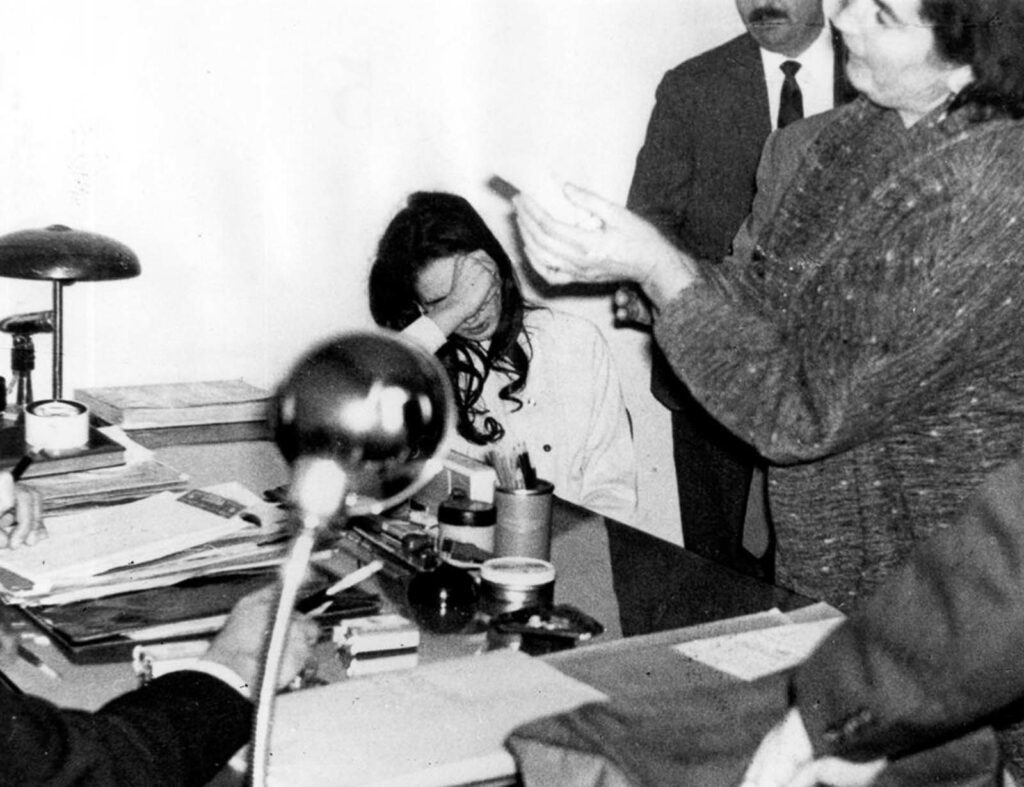
Article 544 of the Italian Penal Code at the time also implied some of these things. It said that rape was a crime against “public morality” rather than a personal offense, and it formalized the idea of a “rehabilitating marriage” (matrimonio riparatore), which meant that a rapist who married his victim would have his crime automatically erased.
The trial was a big deal in Alcamo and beyond. A lot of people went to debates about the trial, which the New York Times eventually covered with the most condescending headline: “No Admirers Call On Sicily’s Franca.”
Even though Viola was the main character in these events, the public story overpowered her thoughts and goals. Newspapers called her “gentle,” “slim,” and “pretty.”
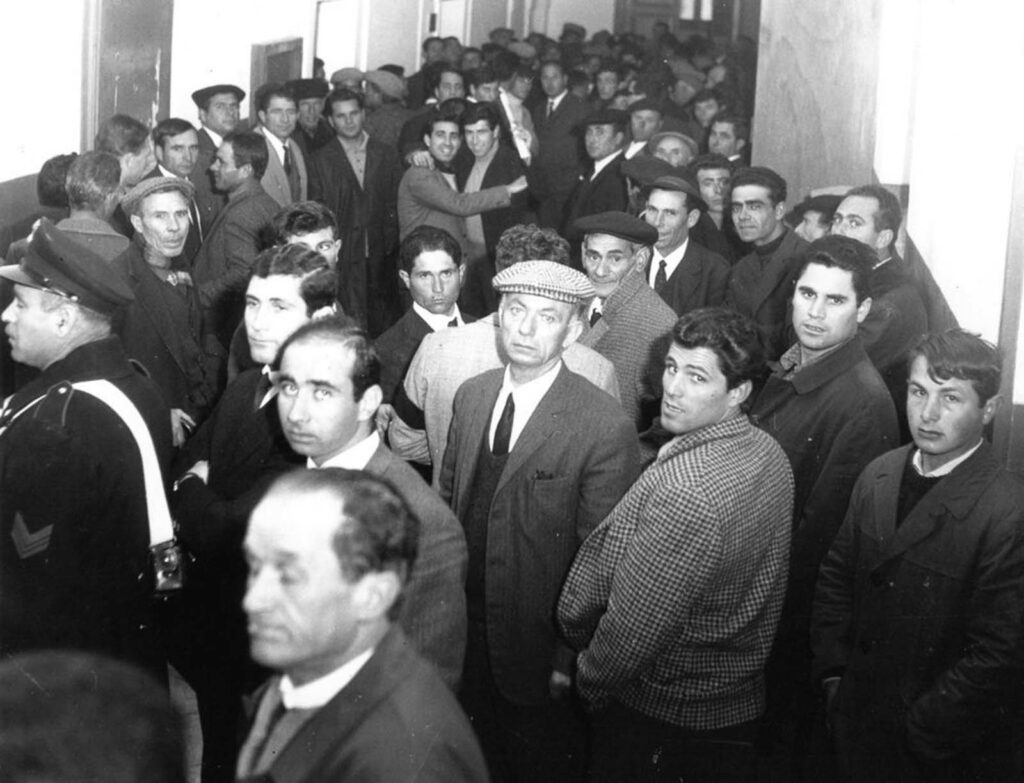
He was given an 11-year prison sentence, which was eventually reduced to ten years. Seven of his collaborators got four-year sentences.
It wasn’t until 1981 that the statute that said a rapist might get away with his crime by marrying his victim was changed.
In 1996, sexual violence became a crime against the person instead of “public morality.” In 1976, Melodia got out of prison and was sent away from Sicily because he was connected to the mob. Two years later, he was shot and killed in Modena.
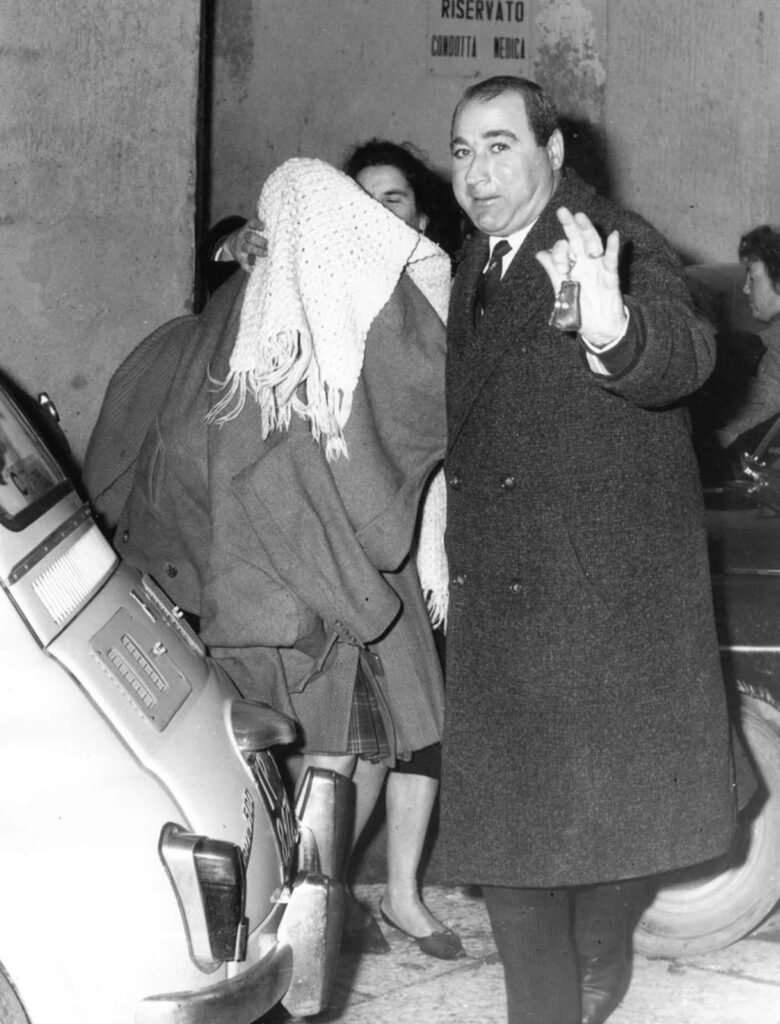
In December 1968, when Franca Viola was approximately 21 years old, she married Giuseppe Ruisi. Since they were kids, they had liked each other.
Ruisi, an accountant, said he would have married the girl he had always loved even if there were threats and rumors. However, he had to get a gun license after getting the marriage license to keep himself and his prospective bride safe.
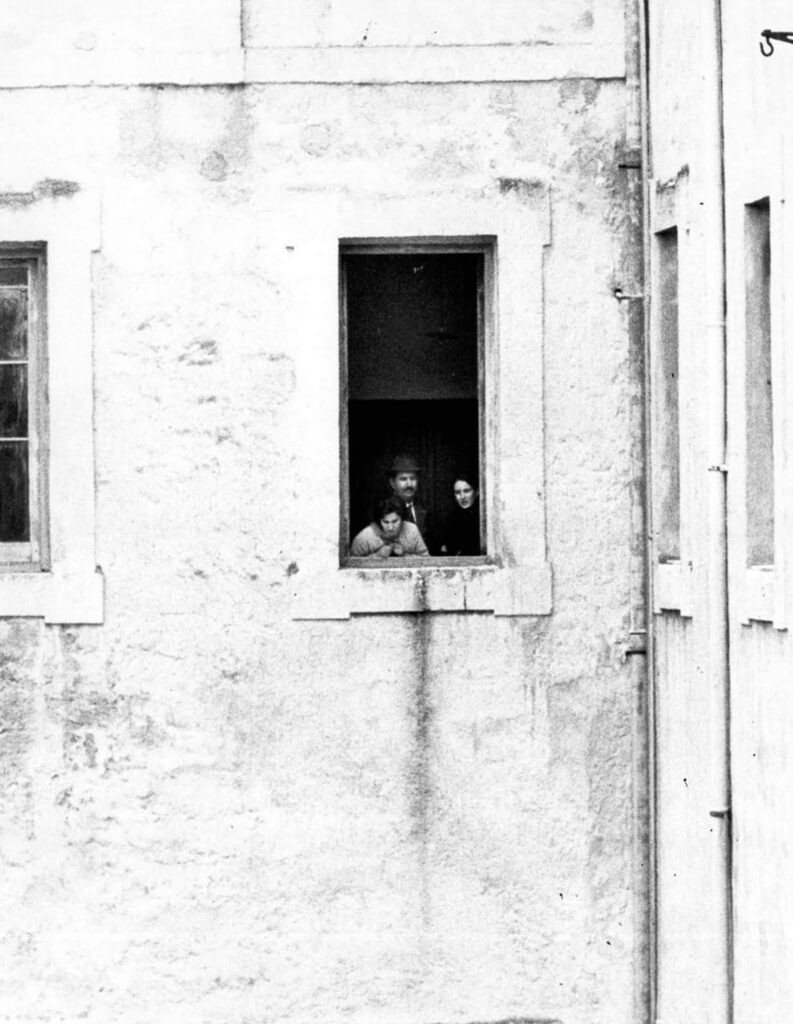
The Pope and the President of Italy, Giuseppe Saragat, both praised Franca Viola for her bravery and showed their support for the couple.
Viola and Ruisi would have three kids together: two boys and a girl. Franca Viola and her husband still live in Alcamo.
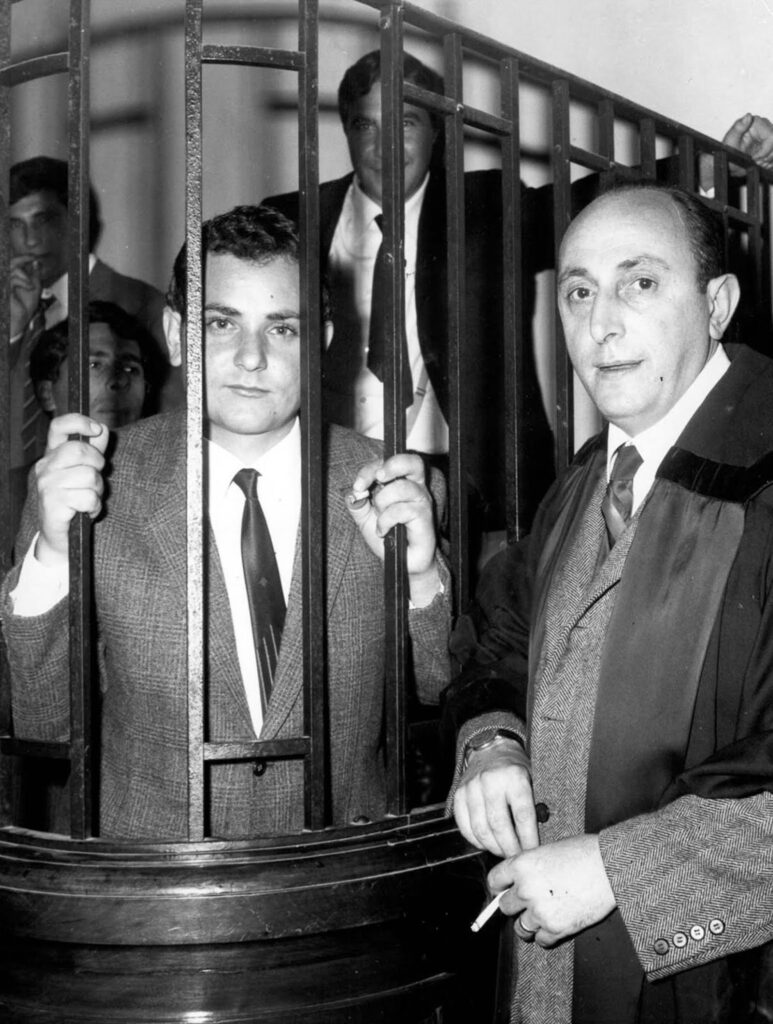
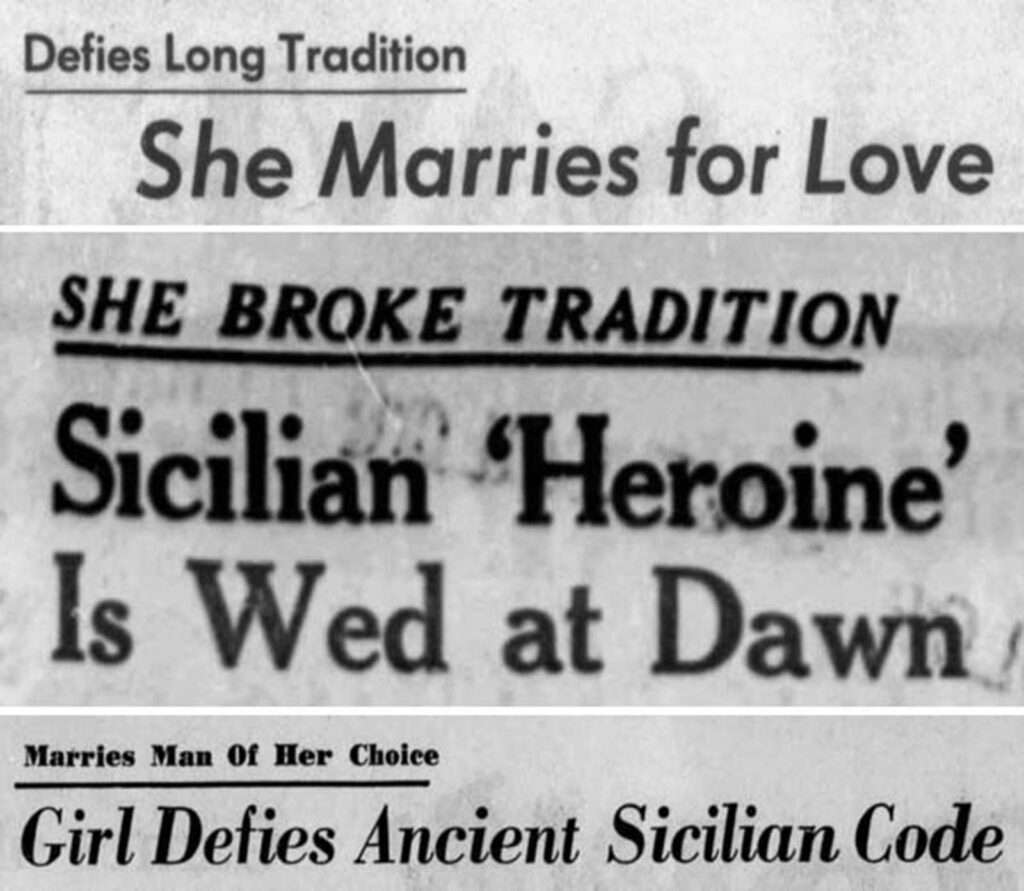
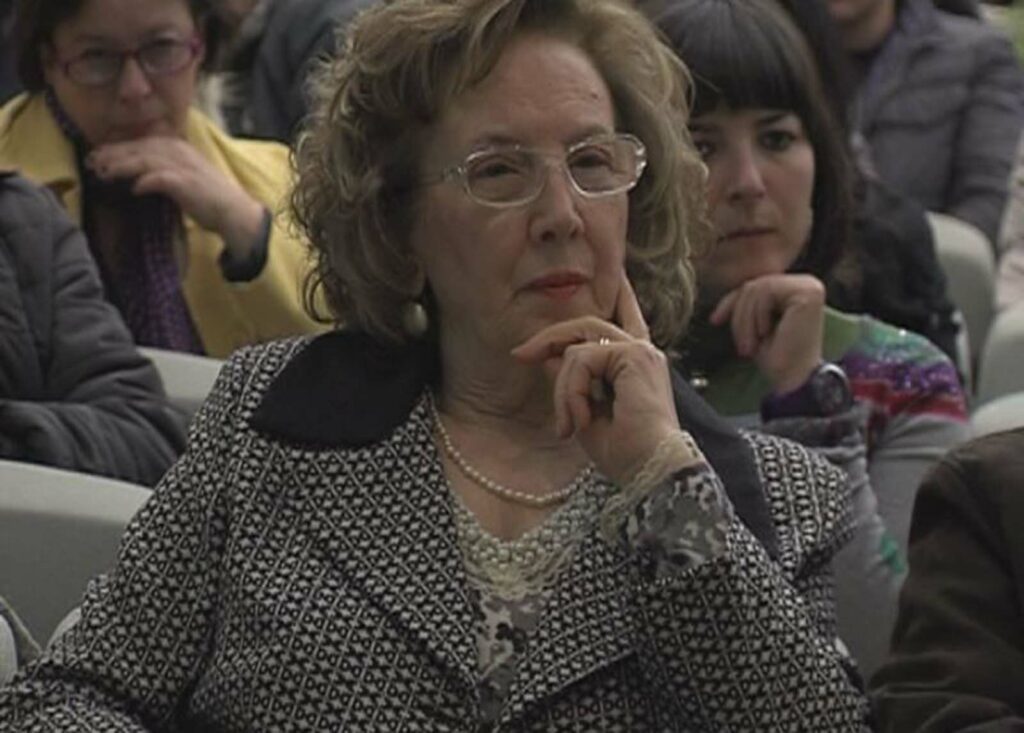
(Photo credit: Collection of Daisy Alioto).


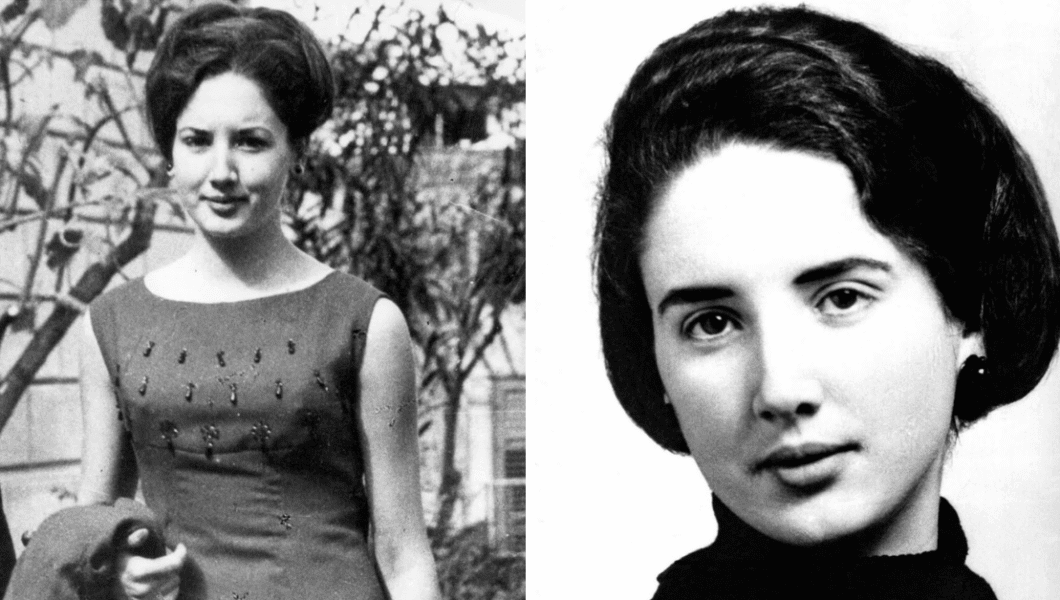
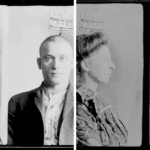
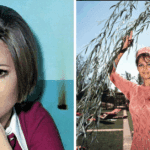
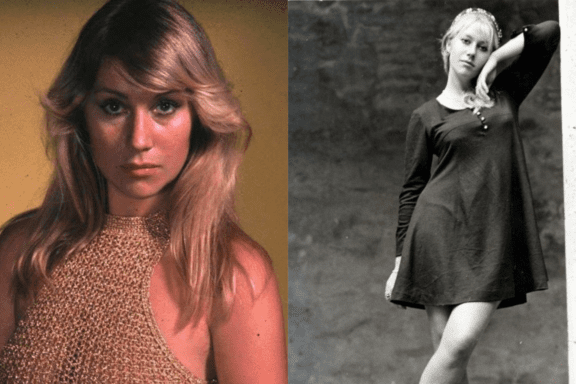


No Comments